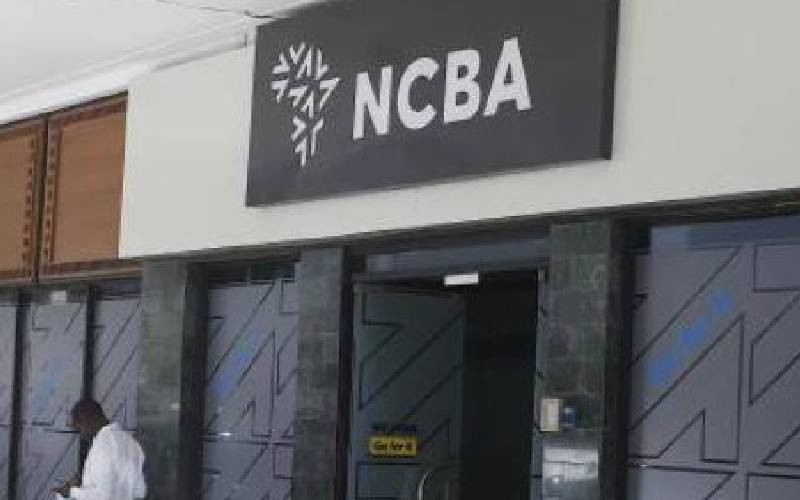×
The Standard e-Paper
Fearless, Trusted News

A plant operator at Keroche Breweries supervises the production of Vienna Ice Strong Lager. May 2021. [Antony Gitonga, Standard]
The decision by the Kenya Revenue Authority (KRA) to shut Naivasha-based Keroche Breweries over tax arrears of Sh323 million has brought to the fore the bruising brawl between the taxman and local brewers.







